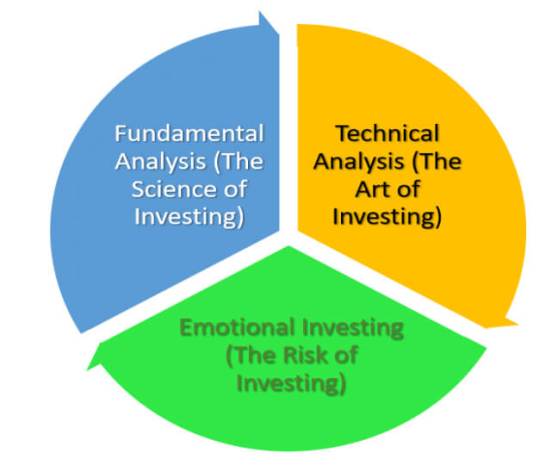Trading & investing both involve
looking for profit in the market, but they follow that objective in
diverse ways. Both traders and investors look for profits via market
participation. On the whole, investors look for bigger returns over a
prolonged time span via buying & holding. Whereas, traders take
benefit of both rising & falling markets to enter and exit positions
over a shorter time span, taking smaller, yet more regular profits.

Here are a few major differences between stock trading and investing on the TSX:
Period:
Trading is a procedure of holding stocks
for a shorter time span. It could be for one week or more often a day!
Trader holds stocks till the short term high performance while,
investing is a way that works on buy & hold approach. Investors
invest their wealth for longer period. Temporary market vacillations are
irrelevant in the long-term investment approach.
Capital growth:
Traders keep an eye on the price
fluctuation of stocks. It the cost goes higher, they are likely to sell
the stocks. Simply said, trading is a skill of timing the stock market
whilst investing is a skill of making money by compounding interest
& dividend over the years by holding profitable stocks.
Risk:
No doubt, both investing and trading
comes with risk. Nevertheless, trading relatively comes with higher risk
& higher prospective returns as the stock price might go high or
low inside short time span. Since investing is a skill, you need some
time to develop it. It encompasses significantly lower risk & lower
returns in short-term basis but can deliver higher return if held for a
longer span of time. Everyday market cycles don’t affect a great deal on
top-quality stock investments for an extended period of time.
Art vs. skill:
Traders are skilled individuals who time
the market & study market trends to get higher profits in the set
time frame. It’s associated to the psychology of the market. On the
other hand, investors evaluate the stocks they wish to put their money
on. Also investing encompasses learning business basics & pledge to
stay invested for a long period of time. It’s associated to the values
that run the business.

Are you interested on getting more in-depth knowledge on stock trading and investing on the TSX?
If yes, then feel free to join Train2Invest program right now! We’d
love to make you a reasonable player in the stock trading and investing
arena.
Comments
Post a Comment